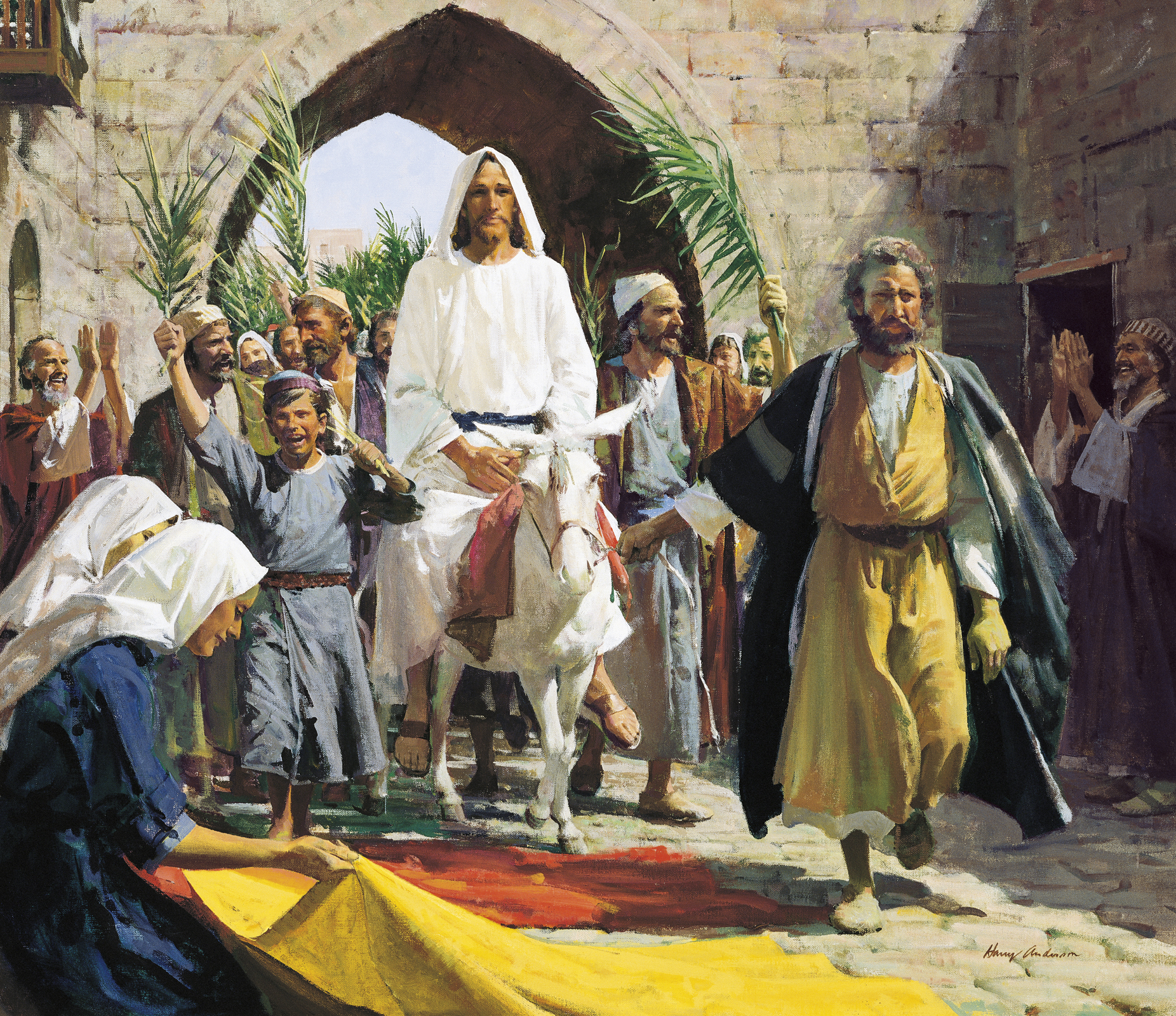 Reading I:
Reading I: Daniel 7 9-10, 13-14
Psalm: 97
Reading II: 2Peter 1:16-19
Gospel: Matthew 17:1-9
At one time, I had a paper weight cut like a large diamond. I used to like to put it in different positions so that the sun’s rays would strike a different part of it, releasing a variety of beautiful colors. I would show it to my students and compare our reflection on one facet of it at a time to our understanding of the many aspects of God, bit by bit. To fully grasp the divinity of God is beyond our ability. Now, we cannot fully comprehend God with our finite minds.
Another comparison I used was looking at a stained glass window when it was dark. Once the sun shines through, colorful images delight our eyes. Sometimes, it is simply a spectacular design of colors. Other times it can be an image of a Saint or Bible story. Whatever the view, it helps to focus our minds on something glorious.
In the transfiguration, Jesus let His divinity shine through His
humanity. What a wonderful gift the Lord gave to His disciples in order to prepare them for the heart-wrenching experience of seeing Him go through the painful, humiliating Passion.
Although they had been told about the suffering to come, it was difficult for them to wrap their minds around it. They needed to be reassured that this Jesus whom they had been following was truly the Messiah.
Jesus knew that we also would need to be reassured that He is
truly the Lord and that we too will see Him as He is. That is particularly important when we experience challenges to live according to His law of love or have heavy crosses to bear. It is a source of encouragement that, someday, we will be able to see Him as He is and live with Him forever in our Heavenly Home.
We all know people whose lives have been very difficult.
My only consolation is that they, too, will be able to enjoy the
holy presence of God in the next life if they have followed the
commandment of love which the Creator has given us.
Let us thank the Lord for showing His divinity to the apostles. Let us also be grateful to Him and all those who preserved the sacred writings so that we and the many generations to come can learn about our God and our ancestors in the faith. The Holy Scriptures are truly blessings for us. He knows what we need and always provides it for us.
The Lord Adonai ( ai pronounced like “uy” in buy)
will always guide you;
he will satisfy your needs in the desert,
he will renew the strength in your limbs;
so that you will be like a watered garden,
like a spring whose water never fails.
Isaiah 58:
Reflection: How has the study of the Bible been a blessing in your life?
Spanish Translation of Reflection Above...
La Transfiguración
Al mismo tiempo, tenía un peso de papel cortado como un diamante grande. Me gustaba ponerlo en diferentes posiciones para que los rayos del sol golpearan una parte diferente de ella, liberando una variedad de hermosos colores. Lo mostraría a mis estudiantes y compararía nuestra reflexión sobre una sola faceta de la misma a la vez, a nuestra comprensión de los muchos aspectos de Dios, poco a poco. Para comprender plenamente la divinidad de Dios está más allá de nuestra capacidad. Ahora, no podemos comprender plenamente a Dios con nuestras mentes finitas.
Otra comparación que usé fue mirando a una vidriera cuando estaba oscuro. Una vez que el sol brilla a través, las imágenes coloridas encantan nuestros ojos. A veces, es simplemente un espectacular diseño de colores. Otras veces puede ser una imagen de una historia santa o bíblica. Cualquiera que sea la vista, ayuda a enfocar nuestras mentes en algo glorioso.
En la transfiguración, Jesús dejó que Su divinidad brillara a través de su humanidad. ¡Qué regalo tan maravilloso el Señor dio a sus discípulos para prepararlos para la experiencia desgarradora de verlo pasar a través de la dolorosa y humillante pasión.
A pesar de que se les había dicho acerca del sufrimiento que había de venir, les era difícil envolver sus mentes alrededor de él. Necesitaban estar seguros de que este Jesús a quien habían estado siguiendo era verdaderamente el Mesías.
Jesús sabía que también tendríamos que estar seguros de que Él es
Verdaderamente el Señor y que nosotros también lo veremos como
Él es. Esto es particularmente importante cuando experimentamos desafíos para vivir de acuerdo con Su ley del amor o tenemos pesadas cruces para soportar. Es una fuente de aliento que, algún día, podremos verlo como Él es y vivir con Él para siempre en nuestro Hogar Celestial.
Él es. Esto es particularmente importante cuando experimentamos desafíos para vivir de acuerdo con Su ley del amor o tenemos pesadas cruces para soportar. Es una fuente de aliento que, algún día, podremos verlo como Él es y vivir con Él para siempre en nuestro Hogar Celestial.
Todos conocemos a personas cuyas vidas han sido muy difíciles.
Mi único consuelo es que ellos también podrán disfrutar de la
Santa presencia de Dios en la próxima vida si han seguido la
Mandamiento del amor que el Creador nos ha dado.
Demos gracias al Señor por mostrar su divinidad a los apóstoles. También seamos agradecidos a El ya todos aquellos que preservaron las escrituras sagradas para que nosotros y las muchas generaciones venideras podamos aprender acerca de nuestro Dios y nuestros antepasados en la fe. Las Sagradas Escrituras son verdaderamente bendiciones para nosotros. Él sabe lo que necesitamos y siempre lo proporciona para nosotros.
El Señor Adonai (pronunciado como “uy” en compra)
Siempre te guiará;
Él satisfará sus necesidades en el desierto,
Renovará la fuerza en vuestros miembros;
Para que seas como un jardín regado,
Como un manantial cuyo agua nunca falla.
Isaías 58:11




